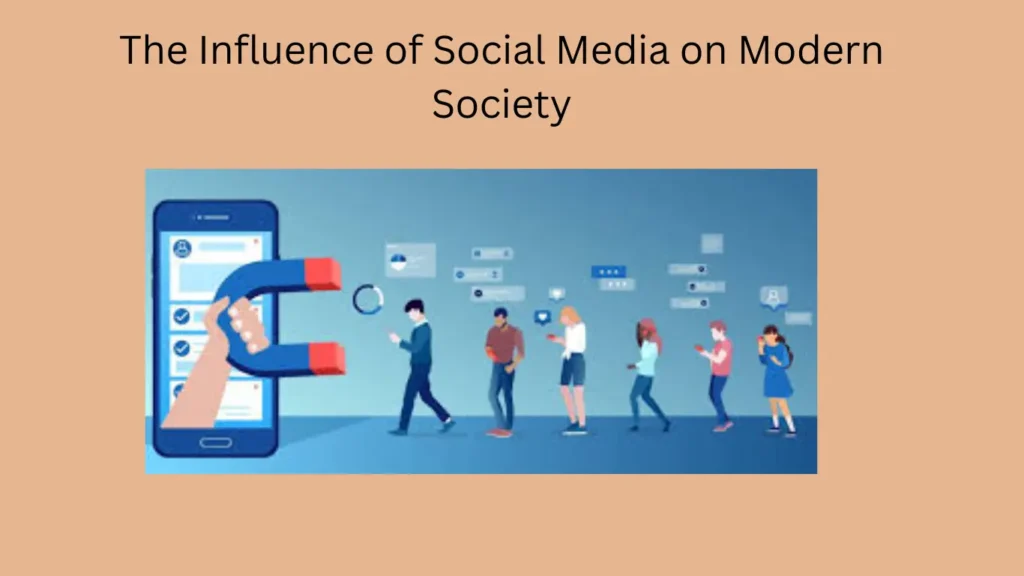Introduction
Social media has transformed the way we communicate, interact, and share information. Its influence on modern society is profound, impacting various aspects of our lives. This guide explores the key ways in which social media shapes our world today, emphasizing a people-first perspective that focuses on creating helpful and reliable content.
Impact on Communication
- Instant Connectivity: Social media platforms like Facebook, Twitter, and Instagram enable instant communication with friends, family, and colleagues, breaking geographical barriers.
- Information Sharing: News and information spread rapidly on social media, allowing users to stay informed about global events in real-time.
- Enhanced Engagement: Social media encourages engagement through comments, likes, and shares, fostering a sense of community and connection.
Influence on Culture and Society
- Cultural Exchange: Social media promotes cultural exchange by exposing users to diverse perspectives and traditions, fostering greater understanding and tolerance.
- Social Movements: Platforms like Twitter and Instagram play a crucial role in social movements, providing a voice to marginalized communities and driving societal change.
- Trends and Influences: Social media influences trends in fashion, music, and lifestyle, with influencers and celebrities shaping public opinion and consumer behavior.
Effects on Mental Health
- Positive Connections: Social media can provide support networks, helping users to connect with like-minded individuals and access mental health resources.
- Negative Impact: Overuse of social media can lead to issues such as anxiety, depression, and feelings of inadequacy due to the comparison culture prevalent on these platforms.
- Digital Well-being: Encouraging balanced use of social media and promoting digital well-being practices can mitigate its negative effects on mental health.
Economic and Business Impacts
- Marketing and Advertising: Businesses leverage social media for targeted marketing and advertising, reaching a global audience with precision.
- Brand Building: Social media is a powerful tool for brand building, allowing companies to engage directly with customers and build loyal communities.
- E-commerce Integration: Platforms like Instagram and Facebook have integrated e-commerce features, making it easier for users to shop directly through social media.
Conclusion
The influence of social media on modern society is undeniable, affecting communication, culture, mental health, and the economy. By understanding its impact and promoting responsible use, we can harness the power of social media to create a more connected, informed, and inclusive world.
For further Inquires Contact Us
FAQs
How has social media changed the way we communicate?
- Social media enables instant communication, breaking geographical barriers and allowing for real-time information sharing and engagement through comments, likes, and shares.
What are the cultural impacts of social media?
- Social media promotes cultural exchange by exposing users to diverse perspectives and traditions. It also plays a crucial role in social movements and influences trends in fashion, music, and lifestyle.
How does social media affect mental health?
- Social media can provide support networks and mental health resources, but overuse can lead to anxiety, depression, and feelings of inadequacy. Promoting balanced use and digital well-being practices can mitigate negative effects.
What is the role of social media in business and marketing?
- Businesses use social media for targeted marketing, brand building, and customer engagement. Platforms like Instagram and Facebook also integrate e-commerce features, facilitating direct shopping.
Can social media drive social change?
- Yes, social media platforms like Twitter and Instagram provide a voice to marginalized communities and drive societal change by raising awareness and mobilizing support for social movements.

